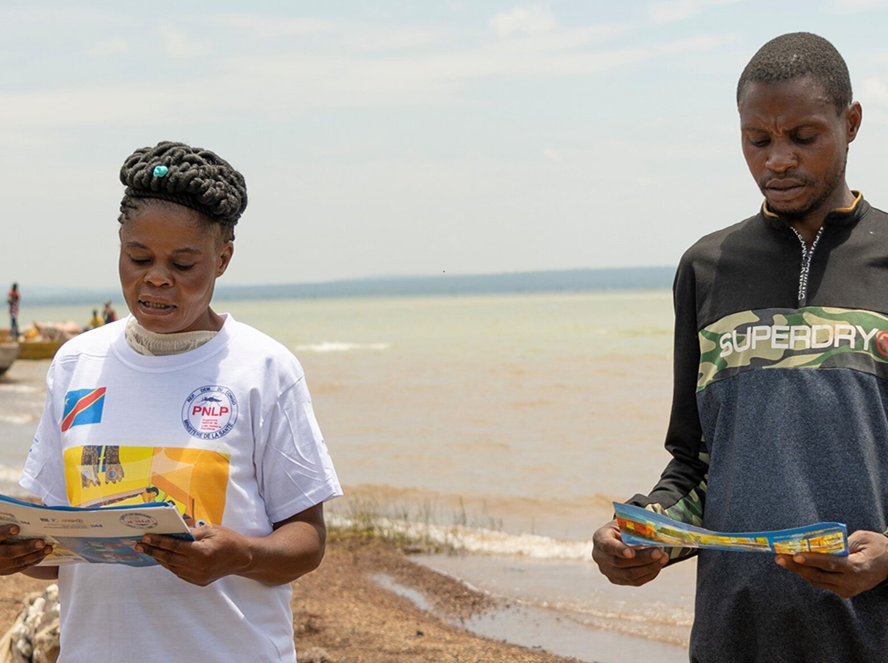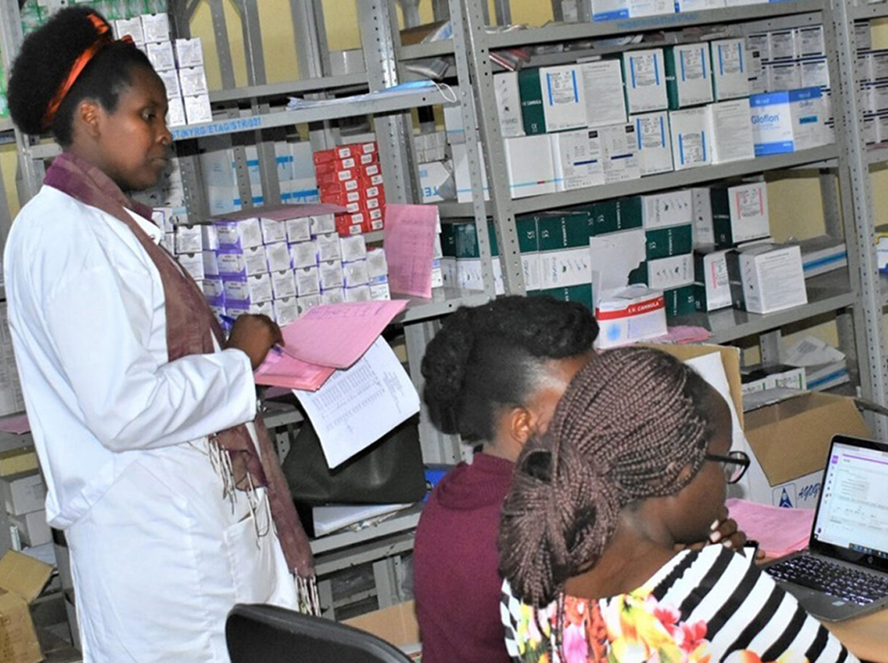Industry
Health
From piloting drones to transport blood samples to investing in the health workforce, Chemonics offers a wide range of expertise in health that is rooted in clinical expertise, systems thinking, and a commitment to improving lives.

Operationalizing and Sustaining Systems Thinking for Health
Promising evidence demonstrates that systems thinking can achieve positive, holistic health system change and improve health outcomes. However, the uptake and continued application of systems thinking for health (ST4H) by system actors has been nominal. Its potential remains untapped. Drawing on our experiences supporting health system actors such as national policymakers, subnational planners and managers, researchers, health workers, local organizations, and civil society, this technical brief presents an approach for applying systems thinking that considers real-world barriers and opportunities.

Professionalizing Healthcare Workers in Rwanda
We worked with the Rwandan government to develop a new framework for professionalization of the supply chain management workforce, helping to support thousands of public sector staff.
Strengthening Global Health Security in Pakistan
A healthy population can be a boon to a country’s progress. In Pakistan, we have led transformative initiatives that aimed to strengthen the country’s health system and further its growth and development.